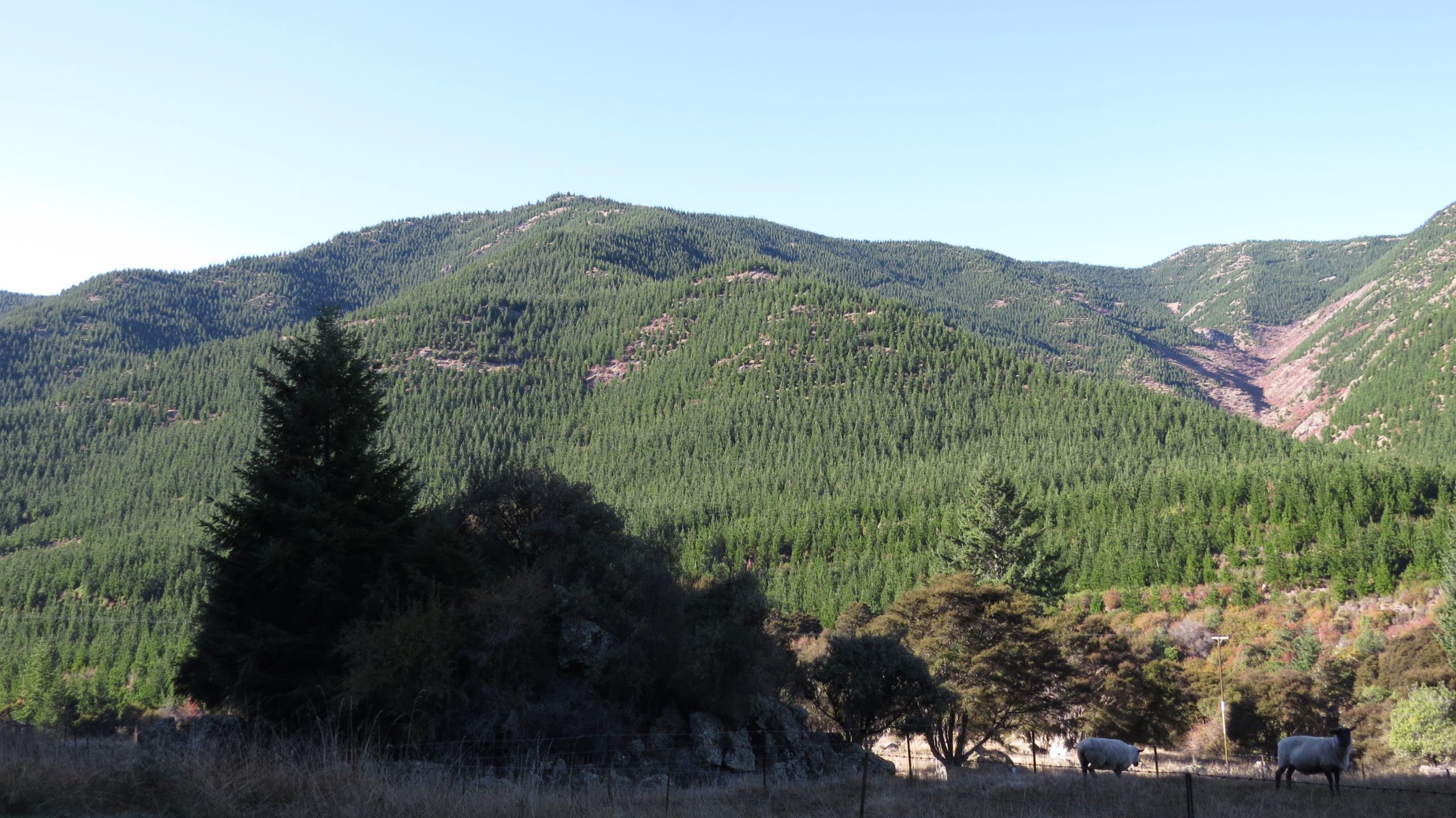Governments had a strong tendency to show a bias towards foreign investors says Campaign Against Foreign Control of Aotearoa (CAFCA).
Murray Horton, CAFCA’s secretary/organiser writing in the latest issue of the organisation’s “Foreign Control Watchdog” said the standard line from all governments when confronted with keeping election promises, is to argue it is impossible to enact policies in just one elected term of three years.
“In the case foreign control, this Labour/Greens/NZ First government does actually recognise it as an issue but wants to fix it only insofar as ironing out some of both the more obvious bumps and making the whole system of foreign investment run more smoothly – for the foreign investors, that is not the New Zealand people,” he said.
CAFCA welcomed the government’s intention to introduce a national interest test which CAFCA had long recommended.
“However it should not be confined only to large foreign investments but should be a blanket requirement for all foreign investment applications.”
CAFCA pointed to a glaring loophole in that the test would apply only to new applications, not to the transnational corporations already deeply embedded into and dominating the New Zealand economy.
NZ’s Biggest Bludger?
CAFCA cited the Bluff smelter as a graphic illustration of the need to apply the national interest test to existing foreign investors.
“How can it be in the national interest, for the transnational owners (Rio Tinto) of the Bluff smelter to get the biggest single chunk of electricity in this country at a secret mates’ rate price, yet still keep black mailing the government for more taxpayers’ subsidies, otherwise they’ll leave the country?”
Murray Horton in another article in “Foreign Control Watchdog” described Rio Tinto as “the country’s biggest bludger.”
CAFCA said there were other examples of government and the three coalition partners not honouring their pre-2017 election promises as regards controlling foreign investors.
Sage Approval
One was the government’s eventual approval for mining transnational corporation Oceanagold to buy more land in Waihi.
Conservation and Green MP Minister Eugenie Sage “rubber-stamped” a land sale to a Chinese owned company to add more land to its Bay of Plenty water bottling export plant. The decision was contrary to Green Party policy.
However the most flagrant use of the “rubber stamp” process involved standing consents – a process whereby the applicant is given approval to buy a pre-agreed amount of land without having to seek OIO permission each time.
In September 2019, Minister for Land Information (Eugenie Sage) and the Associate Minister of Finance (David Clark) gave a standing consent to Japanese trans-national corporation Pan Pac Forest Products to buy 20,000 ha of “sensitive land” and to make up to 25 transactions before October 2022.
Tiong Dynasty
In September 2019 the Neil Group owned by the powerful Tiong family if Malaysia were given a standing consent for up to ten transactions up to 400 ha by September 2022. The same two ministers (Sage and Clark) a month later approved the US-owned New Zealand Redwood Company a standing consent to buy up to 4,000 ha and make up to ten transactions by November 2023.
CAFCA was critical of Green MP and Minister of Conservation Eugenie Sage.
“In both cases Sage showed herself beholden to the laissez faire (lax) rules that govern foreign investment.”
CAFCA was critical of the ease with which forestry transnational corporates were now able to buy rural land, quoting regional development minister Shane Jones who praised the move that would make “it simpler for international firms wanting to establish commercial forests here.”
First Four Foreign
The four largest landowners in new Zealand are all foreign-owned forestry companies, a Radio NZ investigation found. Despite clamp down on some overseas investment, including the ban on residential house sales to off-shore buyers, the Labour-Greens-NZ First government has actively encouraged further foreign purchases of land for forestry through a special stream-lined test.
Foreign corporates have not been slow to take advantage. An Australian-based assets management company has aggregated its 77,000 ha in less than four years.
The New Zealand forest industry itself is 75% foreign owned said Murray Horton.
“The whole forestry shemozzle is a perfect example of Rogernomics coming back to bite Labour on the bum,” he said.
PM Jacinda Ardern wants New Zealand to plant a billion trees to create a carbon sink as a response to climate change. But the 1984-90 Rogernomics and the 1990-99 National government sold to transnational corporations and other foreign owners as part of the privatisation agenda, the state-owned forest estate which had been built up over generations.
“If that short sighted, smash and grab ideology had not prevailed, the government would have inherited the billion trees. It was another boom and bust story, with no processing to speak of, simply the bulk export of unprocessed logs for the profit of foreign owners,” said Murray Horton.
Footnote: “CAFCA promotes the concept of an independent Aotearoa – and opposes foreign control, irrespective of which country it involves.”
CAFCA’s annual membership fee is $20, unwaged $15. On-line bank account details are at its website. It’s informative bulletin, over 100 pages, containing related articles and details of recent foreign buy-ups, is sent to all financial members.
© A Marlborough forest owned by Malaysian Tiong Dynasty’s Ernslaw One

